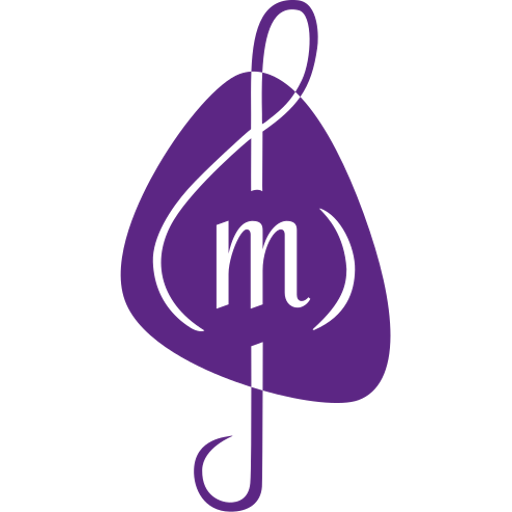MUSEDU will conduct a series of short interviews with people from music related areas. Our first interview partner is Philipp von Busekist (busekist.at), who has been working as a music therapist in Vienna for many years.
Philipp, please describe to us briefly what a music therapist does!
Music therapists ease the emotional pain of their clients, stabilise them and enable them to feel their needs – and limitations – more clearly. They use music as a medium for communication and expression. The therapist and the client improvise together on instruments which are easy to play. Whereas psychotherapists discuss problems with their patients immediately, we express them in a musical way before talking about them. We believe that music can make many things audible – things of which we are not aware when we talk. When we then speak about the music, we can bring these things into our consciousness.
Many music therapists work in hospitals or clinics. I am self-employed and have my own practice.
To whom would you recommend music therapy?
It can be suitable for people who suffer from a mental illness, who are emotionally stressed or can no longer cope with their daily tasks. But it can also just be an opportunity for more self-awareness and personal development.
Music is essential for the mental development of human beings. The unborn child grows up with its mother’s heartbeat and voice – it is surrounded by a world of sound. This is the reason why music can touch us so deeply. Music therapy makes use of this potential. Consequently, it is also suitable for people who cannot talk, for example because they are mentally challenged.
So what happens in a music therapy session?
This depends very much on the client. Usually, we start by clarifying the issue that the client would like to work on. Afterwards, we improvise together for a few minutes. We use musical instruments on which we can produce a sound rather easily, for example percussion, cymbal, gong or piano. We do not use classical instruments like the violin or the clarinet, as they need to be studied first, that would be too difficult. Afterwards, we reflect on the improvisation. How did the client feel? Was there any interaction? Did pictures or memories come to the surface? We use these questions to start our journey together.
However, there are many areas in which this type of setting is not possible. When I work with a patient in a coma, for example, I am the only one who speaks and improvises. I explain what I do and “offer my sounds to the client”. As a therapist, I then need to sense and perceive how the client reacts to my music.
What do you like about your work?
I like to see how music can touch people. To see how people who are mentally challenged can express their happiness enthusiastically. To see how every human being can experience a form of development and gain more clarity and confidence. It is wonderful to be a part of this process.
What kind of music do you like?
I have played – mostly classical – piano for over 30 years. So I mostly listen to classical music, and I need its artistic depth. But I also like rock music with a certain complexity or melodic power, for example music by the Beatles or Queen.




